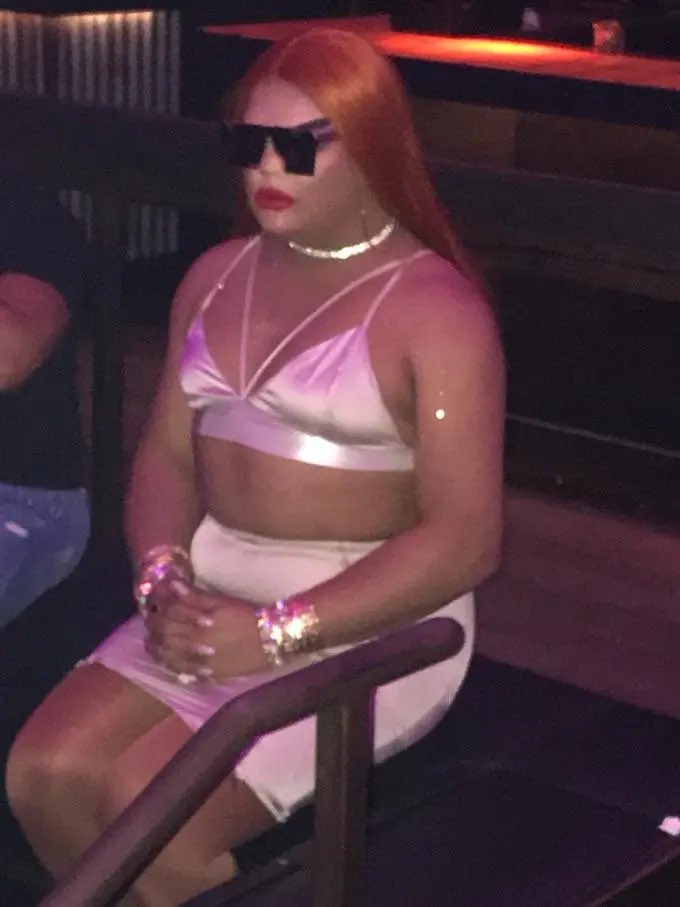Definition
The liberation of LGBTQ+ people has many different perspectives. Totally speaking, the liberation of LGBTQ group is an ongoing movement of the LGBTQ+ group in order to obtain equal rights, protections, and social acceptance. It involves political advocacy and activism aimed at challenging discriminatory policies and laws that restrict the rights and freedoms of LGBTQ+ individuals. The activists emphasize the actions and efforts toward legislatives. Without acceptance, LGBTQ group faces the threat of discrimination, violence, and mental destruction. There would be more difficulties in this group such as employment discrimination. Moreover, the movement also requests cultural acceptance and representation on media in a non-sterotypical manner. By doing so, the LGBTQ group would be away from misunderstanding and violence.
Status-quo of liberation movement
Based on the analysis of Andrew. R. Flores, Social Acceptance of LGBTI People in 175 Countries and Locations, the global acceptance rate of LGBTQ since 1980 has been increasing. However, the acceptance rate also has a trend of polarization. Countries with high acceptance rate still has an increasing trend in the acceptance rate. Yet countries with low acceptance rate has a decreasing trend in the acceptance rate.
History
The term “liberation” is derived from the Latin word “liberatio,” which means the act of setting free or being liberated from oppression. In the context of the LGBTQ+ movement, it represents the ongoing fight for the emancipation of individuals from social, cultural, and legal constraints based on their sexual orientation or gender identity.
The LGBTQ+ liberation movement shares similarities with other social justice movements, such as the civil rights movement and feminist movement. These movements share many similarities: persuit of equality, serurites, and acceptness. Like these movements, LGBTQ+ liberation advocates for the recognition of fundamental human rights and the creation of a more inclusive and equitable society.
There are numerous activists, organizations, and community membersduring the movement of LGBTQ+ liberation throughout history. Figures such as Marsha P. Johnson, Sylvia Rivera, Harvey Milk, Audre Lorde, and many others played important roles in advocating for LGBTQ+ rights, visibility, and social acceptance.They are contributing significantly to the advancement of the liberation movement.
Examples
There are many significant figures who played important roles during the movement of LGBTQ Rights.
1.Harvey Milk
Harvey Milk was an important leader for gay rights in the 1970s. He was born on May 22, 1930, in New York. He became one of the first openly gay politicians to be elected in California. His work was all about making life better for people who were gay. He wanted them to be treated fairly and with respect. Even though his time in office was short, his efforts had a big impact on the fight for equal rights. Unfortunately, he was killed in 1978, but his bravery and dedication continue to inspire people around the world.

2.Audre Lorde
Audre Lorde, born on February 18, 1934, in New York City, was a significant American writer, feminist, and civil rights activist. Lorde was known for her groundbreaking work that talked about issues of race, gender, sexuality, and identity. Her powerful poetry and essays, often addressing themes of intersectionality and social injustice, made her status as a prominent figure in the feminist and LGBTQ+ movements.
Throughout her life, Lorde fearlessly advocated for the rights of marginalized communities, emphasizing the importance of embracing one’s identity and speaking out against all forms of oppression. Her work highlighted the struggles faced by Black women and the LGBTQ+ community, while also emphasizing the significance of solidarity and coalition building across diverse groups.
Lorde’s legacy continues to inspire contemporary activism and discourse, serving as a beacon of empowerment for individuals fighting for equality and social change. Her contributions to literature, feminism, and civil rights have left an indelible mark on the ongoing pursuit of justice and liberation for marginalized communities.

3.Larry Kramer
Larry Kramer (1935-2020) was an influential American playwright, author, and public health. Born in Bridgeport, Connecticut, Kramer graduated from Yale University before venturing into the world of filmmaking and writing. He co-founded the Gay Men’s Health Crisis (GMHC) in 1982, one of the first organizations dedicated to addressing the HIV/AIDS epidemic, and later the AIDS Coalition to Unleash Power (ACT UP) in 1987, which dedicated to tackle AIDS research.
Throughout his life, Kramer remained a prominent voice for the LGBTQ+ community and a fierce critic of government inaction and pharmaceutical companies’ response to the AIDS crisis. Kramer’s efforts played an important role in changing the course of AIDS research and public health policy, giving people courage and hope to speak for marginalized group in the society.

Works Cited
Andrew. R. Flores. (2021). Social Acceptance of LGBTI People in 175 Countries and Locations. https://williamsinstitute.law.ucla.edu/publications/global-acceptance-index-lgbt/
Erika Ryan. (2019, June 27). Courage and sacrifice: 6 activists behind LGBTQ progress. CNN. https://www.cnn.com/2019/06/26/us/most-influential-lgbtq-activists/index.html
Davos 2022. (2022, May 24). Why LGBTQ representation should be a priority for business and media. https://www.weforum.org/agenda/2022/05/why-lgbtq-representation-should-be-a-priority-for-business-and-media/
Human Rights Campaign. (n.d.) Establishing an Allies/Safe Zone Program. https://www.hrc.org/resources/establishing-an-allies-safe-zone-program.
Education Week. (2021, December 5). Teachers Are Divided on Teaching LGBTQ Topics. https://www.edweek.org/leadership/educators-divided-on-whether-schools-should-teach-about-lgbtq-topics-survey-finds/2021/12.
